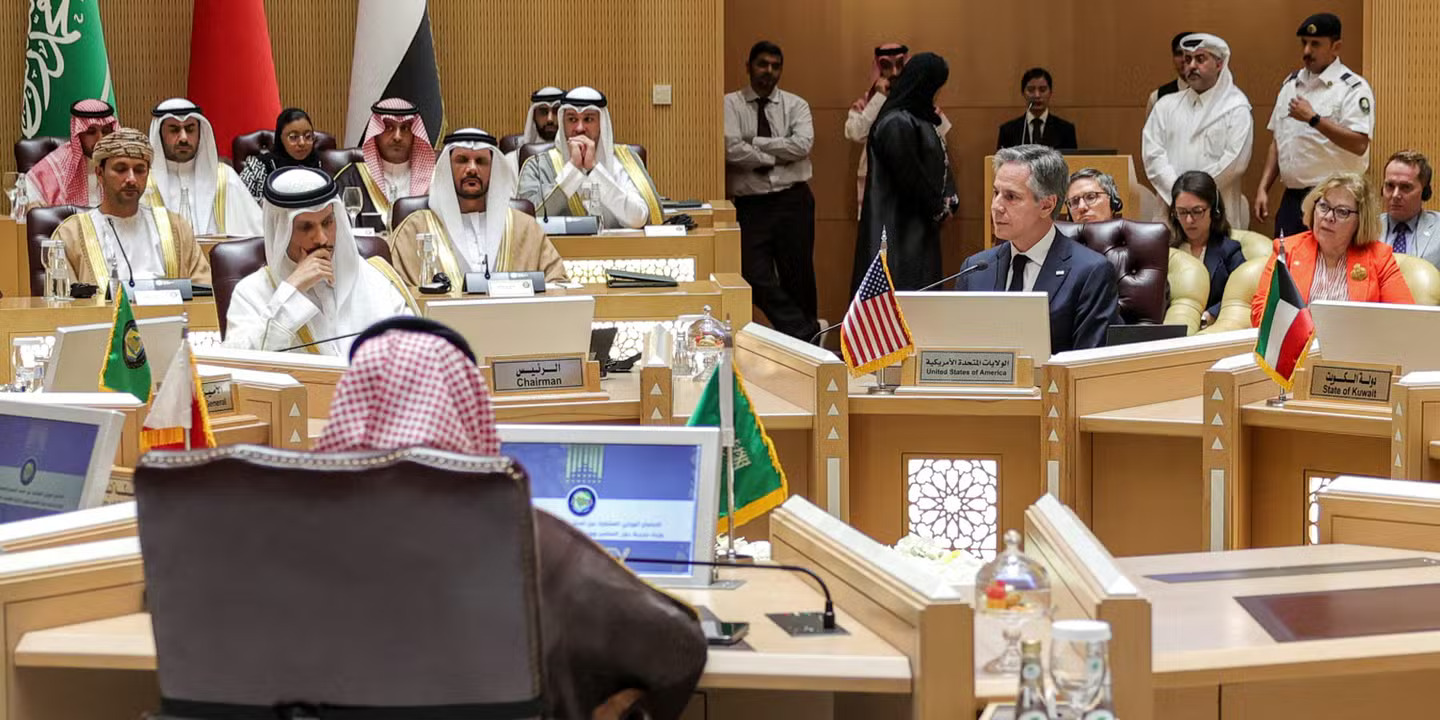
NGOCSTIP – Israel-Hamas indirect talks have officially begun in Egypt amid renewed hope for a ceasefire deal and hostage exchange. Delegations from both sides have arrived in Sharm el-Sheikh, where high-level negotiations are expected to take place over the next few days. The setting is tense yet cautiously optimistic. With the second anniversary of the war looming, the pressure for a humanitarian breakthrough is immense. The first phase of negotiations aims to secure a partial withdrawal of Israeli forces from Gaza and the release of dozens of hostages in exchange for Palestinian detainees. US involvement has intensified the spotlight. Key figures such as Steve Witkoff and Jared Kushner are expected to mediate or observe. The political stakes are high. The humanitarian urgency is even higher. With 67,000 Palestinians reported dead and nearly 170,000 injured, time is not a luxury in Gaza anymore.
Both Israel and Hamas are sending high-ranking delegations for this latest round of indirect negotiations. The Israeli team is led by Ron Dermer, a trusted figure in Prime Minister Netanyahu’s inner circle. Meanwhile, Hamas has dispatched Khalil al-Hayyah, a seasoned negotiator. The core of the Israel-Hamas talks includes a focus on halting ongoing violence and exchanging remaining hostages for Palestinian prisoners. Israel has limited its airstrikes recently, with statements indicating they are now focused on defensive operations. Hamas has reportedly softened its stance by agreeing to parts of the US peace plan. This partial alignment opens a narrow path forward. However, not all parties agree on the pace. Some Hamas leaders suggest more time is needed to locate the remains of hostages presumed buried under rubble. For now, the world watches whether this delicate diplomatic moment can hold or unravel.
Sharm el-Sheikh is now more than just a tourist hub. It has transformed into a stage for war diplomacy. The talks are taking place in secrecy, but their implications are immense. While the delegations meet under high security, the hopes of millions rest on what they decide. A successful ceasefire deal would not only stop the bloodshed but also open the doors for sustained humanitarian aid. Under the proposed agreement, Hamas would release all remaining hostages over a span of three days. In exchange, Palestinian prisoners would be freed from Israeli jails. The deal would also involve Hamas disarming and ceding power in Gaza. While critics question whether such terms are realistic, supporters argue they are necessary. The urgency is felt most by civilians. Mothers, children and displaced families await a decision that could restore a sense of safety and stability to their shattered lives.
“Read more: Step Inside a Drawing! This Lower Manhattan Eatery Feels Like Living in a Sketch!”
Despite Israel reducing its airstrikes, Gaza continues to suffer. Bombings have killed dozens even after the military claimed operations are mostly defensive. On Sunday, the Israeli army reported neutralizing two armed militant cells and destroying infrastructure used for launching attacks. Each operation is claimed to be in response to specific threats. Still, civilians are bearing the brunt of these strikes. Reports from Gaza describe continuous fear, homelessness and hunger. The Gaza Health Ministry puts the death toll at over 67,000. Children and women make up a significant portion of the casualties. Humanitarian agencies say the wounded are flooding makeshift hospitals while medical supplies remain scarce. Refugee camps are overflowing. Sanitation is poor. Access to clean water is limited. Meanwhile, political leaders negotiate in comfort. On the ground, survival remains a daily struggle. The disconnect between diplomacy and reality is stark and painful for many.
In Gaza, children born on the day the war began are turning two. But instead of balloons or laughter, they hear bombs. Families like that of Rola Saqer have endured endless fear and deprivation. Her daughter Masa has suffered from malnutrition. At two years old, she still weighs only eight kilograms. They live in a tent in Nuseirat refugee camp with minimal belongings. Saqer says her dream of raising a confident child has been shattered. Nearby, Amal al-Taweel also lives in a tent with her husband and young son Ali. They had tried for years to have a child. Now, they struggle to provide food, healthcare or even toys. Ali has never seen his own room. These stories reflect a generation growing up without safety, dignity or peace. While the talks in Egypt offer hope, that hope has yet to translate into real change for these children.
This article is sourced from apnews.com and for more details you can read at ngocstip
Writer: Sarah Azhari
Editor: Anisa